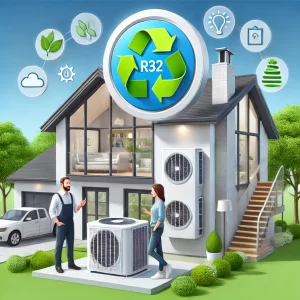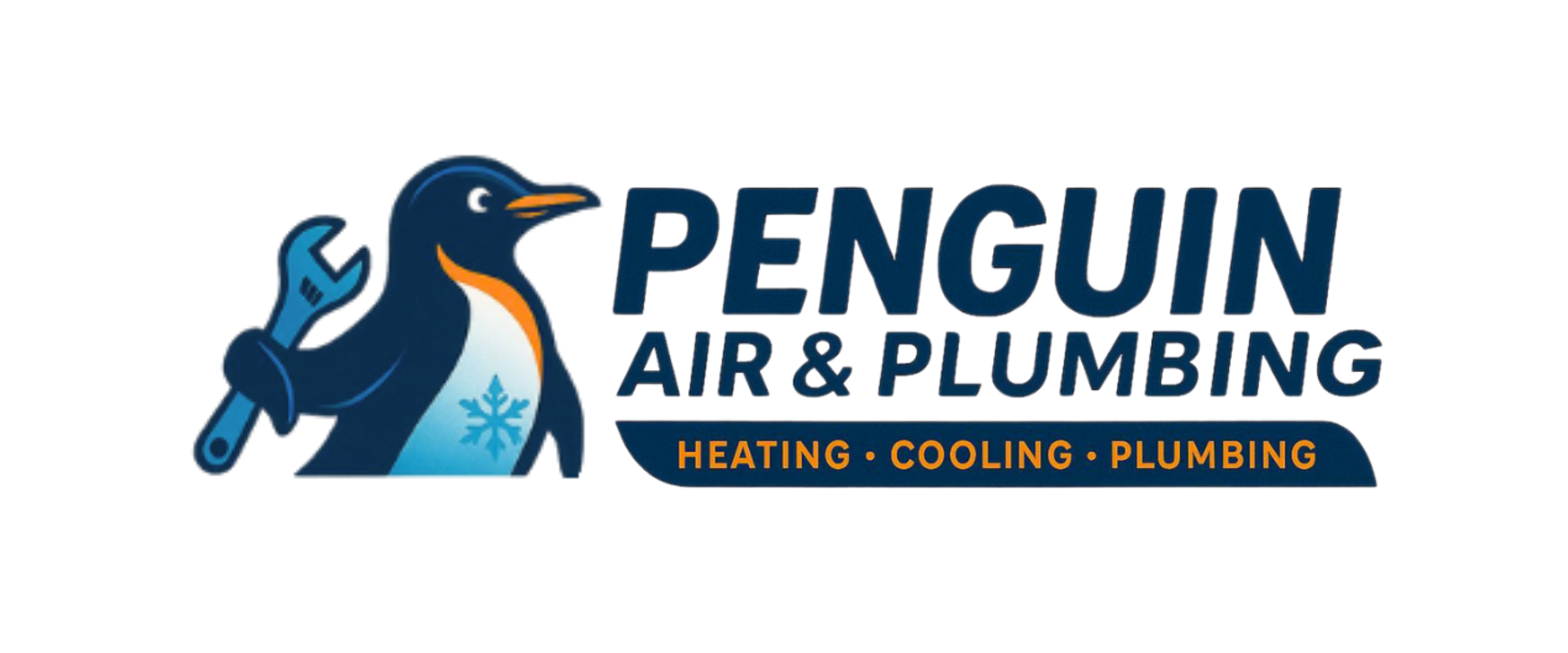
New HVAC System Requirements: What Homeowners Need to Know About the Transition to R32 Systems
As a homeowner, you may have heard about upcoming changes in the HVAC industry, specifically regarding the new R32 refrigerant systems. If you’re wondering what this means for your heating and cooling system, don’t worry! In this post, we’ll break it down in simple terms and explain why now is the perfect time to consider upgrading your HVAC system.
What Is R32?
R32 is a type of refrigerant used in HVAC systems. A refrigerant is a liquid that moves through your air conditioner or heat pump to absorb and release heat, allowing the system to cool or heat your home. Until now, most systems have used refrigerants like R410A, but the industry is moving toward R32 for several reasons.
Why Is R32 Becoming the Standard?
The move to R32 is part of a broader effort to reduce the environmental impact of HVAC systems. Here’s why:
- Eco-Friendly: R32 has a lower Global Warming Potential (GWP) than older refrigerants like R410A. This means it causes less harm to the environment when it’s released into the atmosphere.
- Energy Efficiency: HVAC systems that use R32 are generally more energy-efficient, helping you save on utility bills while reducing energy consumption.
Deadlines and Compliance
The HVAC industry is transitioning to R32 systems to comply with new government regulations aimed at reducing greenhouse gases. By January 1, 2025, most newly manufactured HVAC systems will be required to use R32 refrigerant instead of the older types like R410A. This means that after this deadline, all new air conditioners and heat pumps will likely be equipped with R32.
What Does This Mean for Your Current HVAC System?
If your current system uses R410A or another older refrigerant, you don’t have to replace it right away, but there are some important things to consider:
- Repair Costs Could Increase: As R410A becomes phased out, it will be harder to find, and the cost of repairs could rise if your system develops a leak.
- Availability of New Systems: If your current system is nearing the end of its life (typically 10–15 years), it may make sense to replace it now, before prices go up and inventory gets tight with the new requirements.
Why Replace Your HVAC System Now?
There are several benefits to upgrading to an R32 system sooner rather than later:
- Save Money on Energy Bills: New R32 systems are more energy-efficient, which means your system will use less electricity to heat and cool your home. This can lead to significant savings on your monthly utility bills.
- Eco-Friendly Option: By switching to an R32 system, you’re helping reduce your home’s carbon footprint and contributing to a greener future.
- Avoid Rising Costs: As the industry shifts, the cost of maintaining and repairing older systems will likely increase. By upgrading now, you can avoid potential price hikes and take advantage of current promotions and rebates for energy-efficient systems.
- Improved Performance: Newer HVAC systems come with advanced features like better temperature control, quieter operation, and improved air quality. These enhancements can make your home more comfortable and your system easier to manage.
- Rebates and Incentives: Many utility companies and governments are offering rebates or tax incentives to homeowners who switch to more energy-efficient systems like R32. Replacing your system now could help you take advantage of these financial benefits.
What Should You Do Next?
If your HVAC system is older or requires frequent repairs, it’s worth considering an upgrade to an R32 system. Here’s what you can do:
- Schedule a Consultation: Contact your local HVAC professional to assess your current system and discuss your options for upgrading to an R32 system.
- Check for Rebates: Ask about any available rebates, incentives, or financing options that can make the transition more affordable.
- Plan for the Future: Even if your system is running fine today, keep in mind the upcoming 2025 deadline, and consider starting your research now.
Final Thoughts
The transition to R32 refrigerant systems is a big step toward a more energy-efficient and environmentally friendly future for HVAC systems. By upgrading now, you can ensure your home is ready for the new standards, save on energy costs, and avoid potential price increases down the road.
If you have any questions or are ready to make the switch to a new R32 system, don’t hesitate to reach out! We’re here to help make the transition as smooth as possible.
Contact us today to learn more about the new HVAC requirements and how you can prepare your home for the future!



Recent Comments